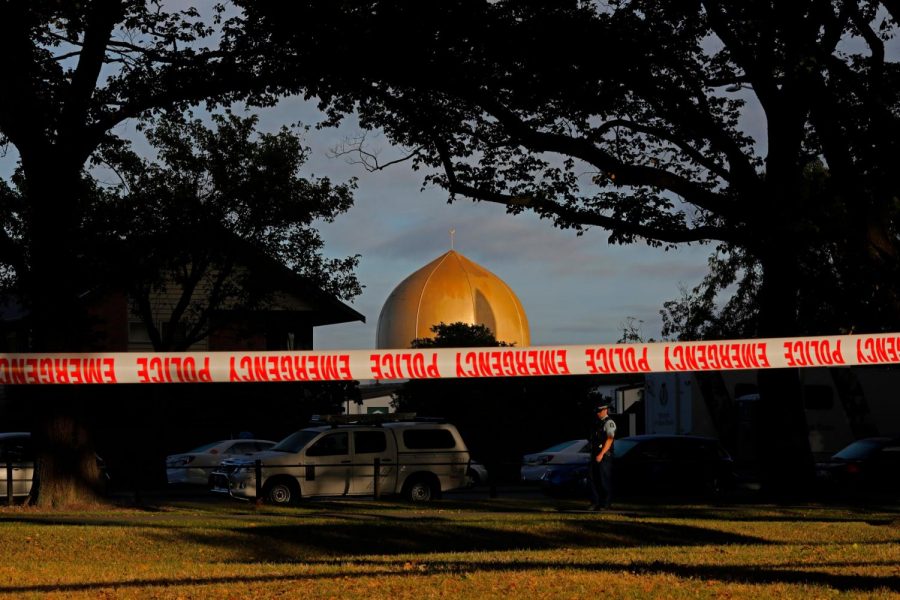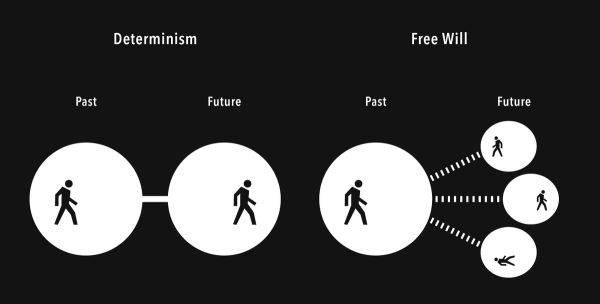The New Zealand Shooting–What America Needs to Learn
On March 15, 2019, a gunman stormed into two mosques in Christchurch, New Zealand and killed more than 50 people, as well as injuring countless others. Before the tragic incident, the gunman took part in shooting practice in a forest of Southern New Zealand, but according to members of the club, he didn’t stand out as suspicious. This 28-year-old named Brenton Harrison Tarrant was previously unknown to authorities; however, he was known to some of his followers and friends as a right-wing extremist, who encouraged others to incite hate and violence towards Muslims. Prior to the shooting, Tarrant published a 74-page manifesto, outlining his obsession with becoming a hero in the fight against Muslims. He thought that he “might get 27 years in prison like Nelson Mandela, but later be rewarded with a Nobel Peace Prize” (Aljazeera). His “manifesto” proved key in understanding his motive behind all of this, as he explained his fantasy of becoming a hero for making white people “superior again.” His radical ideologies were detected too late, as new issues are emerging. Following the shooting, New Zealand was able to pass gun control legislation, a feat of unity and policy-making that America should learn from.
After every gun violence tragedy comes the debate of gun control. In the case of the US, semi-automatic or assault guns were used at the Pulse nightclub, Las Vegas concert, Newtown elementary school, and Marjory Stoneman Douglas High School in Parkland, Florida. However, contrary to New Zealand, politicians failed to unite on the front of gun control, as tragedy after tragedy hit our nation. Substantial gun reform has proved to be out of reach for Americans, after many failed instances of trying to pass new gun laws. One factor seems to be the Second Amendment that is unique to American society. The Second Amendment gives the people the right to bear arms, and as much as a lot of people believe it is “outdated,” it is so deeply rooted into our current politics and history, that it would be hard to just eradicate. People who are divided on the issue of this controversial amendment are usually debating the interpretation of the words “the right to bear arms:” whether it means one’s personal ability to freely own guns, or if that ability should be only reserved to government agencies like the military. This debate has, in fact, often created so much divide in the gun reform debates that it becomes much more difficult to actually push through these laws. As both sides often blame each other for failing in preventing the deaths of many, media also tends to focus on these debates instead of the bigger picture. Liberal media outlets tend to focus on Trump and his Republican party’s flaws, including their constant support for the National Rifle Association. Conservative news outlets center on the importance of the Second Amendment, as well as Chicago’s stringent gun laws yet the city’s high homicide and crime rates. If our nation united on a front to prevent these disasters from occurring instead of spatting blame on one another, it is possible we might have a less gun-infested society. But the possibility of having one could prevent the significant loss of life; slowly, guns have the potential to become our country’s next epidemic.
Both Australia and New Zealand have experienced similar gun violence-related events in the past years. In 1996, a person opened fire, killing 35 people in Tasmania. In less than two weeks, all six Australian states agreed to permanently ban all shotguns and semi-automatic rifles. Unlike the United States, where tragedies often break into division, Australians chose to come together in unity and go forward in passing these laws. Because these laws were mainly put in place to reduce the number of potential mass shootings, the number had gone from 11 mass shootings in the previous decade all the way down to 1 in the following decade, the murder of a family of five in New South Wales. In addition to the decrease in number of mass shootings, the overall number of homicides has gone down from 69 in 1996 to 30 in 2012. In New Zealand, after this incident of terrorism, it took New Zealand Prime Minister Jacinda Arden a total of six days to announce a national ban on all military-style assault weapons, and the law could be set in place as soon as April 11.
Young people like me still wonder when this will end, as we turn on the television every night, only to find endless lists of names and condolences. As guns, the weapons used to defend us in battle, are also the weapons that end and divide us. The images of crying parents, teachers, sisters, brothers, and loved ones are always the hardest to watch, and more and more, it seems as though each instance is just another one to flip over. There are obviously instances when this isn’t always true, like Australia and New Zealand, but it is hard to fathom the idea that we live in a world where violence has almost become the norm, as we shrug off the deaths of innocent lives. No matter how many vigils, protests, or wishes we offer, change must be a voluntary action by all and a united front. I hope that one day I won’t have to see a school’s name headlining our nation because of a shooter, or a concert in Vegas where a deranged person opened fire on hundreds of people. We should take example from these nations that have suffered similarly to us, and unite on a common front of progress and peace.







